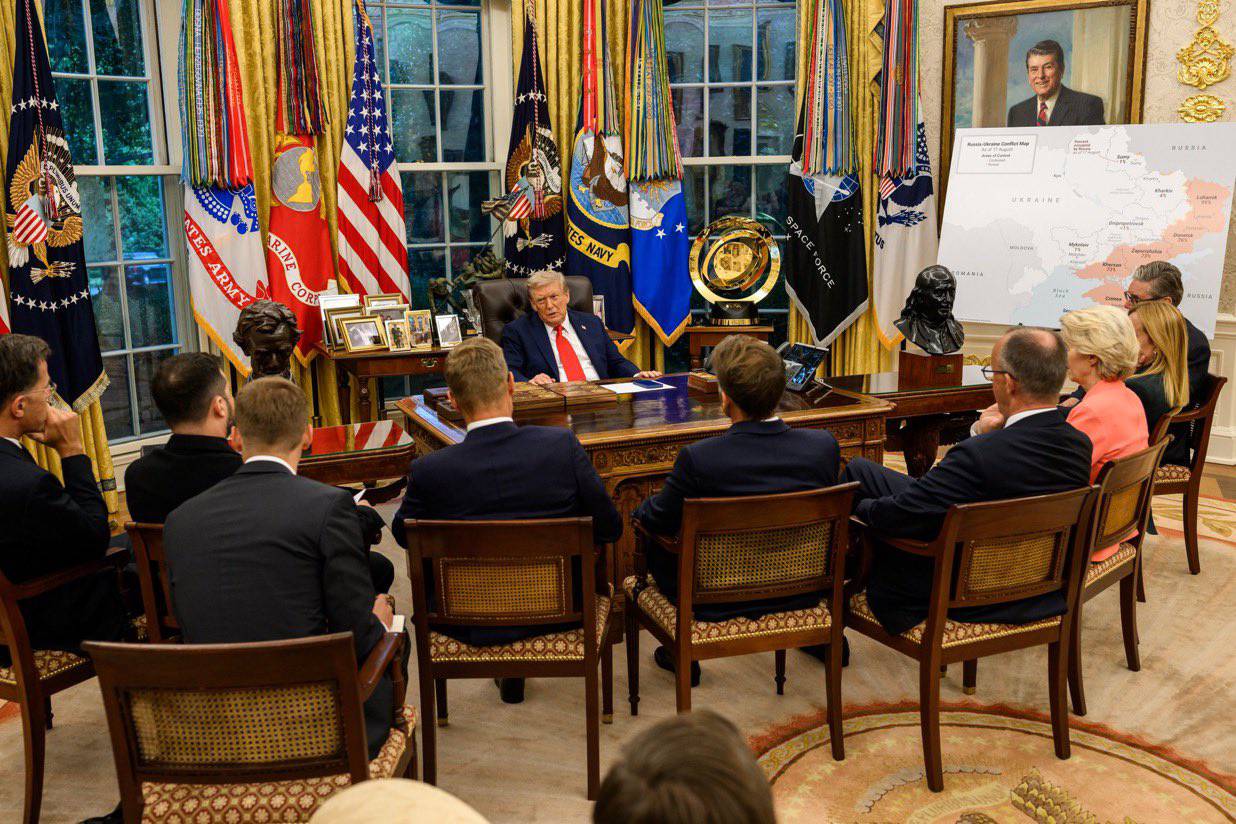In a stunning reversal of policy, U.S. President Donald Trump has abandoned his demand for an immediate ceasefire in Ukraine, embracing Russian President Vladimir Putin's proposal for direct peace negotiations. The shift came after a high-stakes summit in Alaska last Friday, a move that has sent ripples of concern through Kyiv and European capitals, suggesting a significant diplomatic win for Moscow.
This sudden pivot from what Trump had declared a key benchmark for success has been scrutinized by international observers. According to an analysis by Hakan Okçal, a retired Turkish ambassador, published in the Turkish news outlet T24 on August 22, the outcome in Alaska indicates that "it was Putin, not Trump, who emerged victorious." Okçal argues that by adopting Putin's timeline, Trump has allowed Russia to continue its military campaign to gain more territory and leverage before any potential agreement is reached.
The Alaska summit, held amidst a grand display of American military power including B-2 bombers and F-22 Raptor jets, was initially framed by Trump as a mission to secure a ceasefire. However, following the closed-door meeting—attended by Secretary of State Marco Rubio and Special Envoy Steve Witkoff for the U.S., and Foreign Minister Sergey Lavrov and aide Yuriy Ushakov for Russia—Trump emerged with a new message. He declared that moving directly to peace talks was a more "shortcut" to ending the conflict, and that a Putin-Zelensky meeting could happen within 15 days.
The fallout from this change was evident in a tense White House meeting on Monday with Ukrainian President Volodymyr Zelensky and key European allies. While NATO Secretary-General Mark Rutte and British Prime Minister Keir Starmer were reportedly deferential, German Chancellor Friedrich Merz cautiously noted the contradiction in pursuing peace talks without a ceasefire. In response, Trump claimed to have ended six other wars without prior ceasefires—a statement fact-checkers later disputed, pointing to ongoing tensions in conflicts like the India-Pakistan and Israel-Iran disputes, which lack formal peace treaties.
Moscow has since poured cold water on Trump's optimistic timeline. Russian officials, including former President Dmitry Medvedev, have bluntly reasserted Russia's core demands: a demilitarized and neutral Ukraine, and the annexation of four eastern provinces. They have dismissed any notion of Western security guarantees for Kyiv, effectively dismantling the "rosy illusions" that had briefly circulated. As the bloodshed in Ukraine continues, it appears the path to peace remains fraught with obstacles, and President Trump's coveted Nobel Peace Prize, as Okçal noted, may have to wait for "another spring."
Photo: The source, T24
